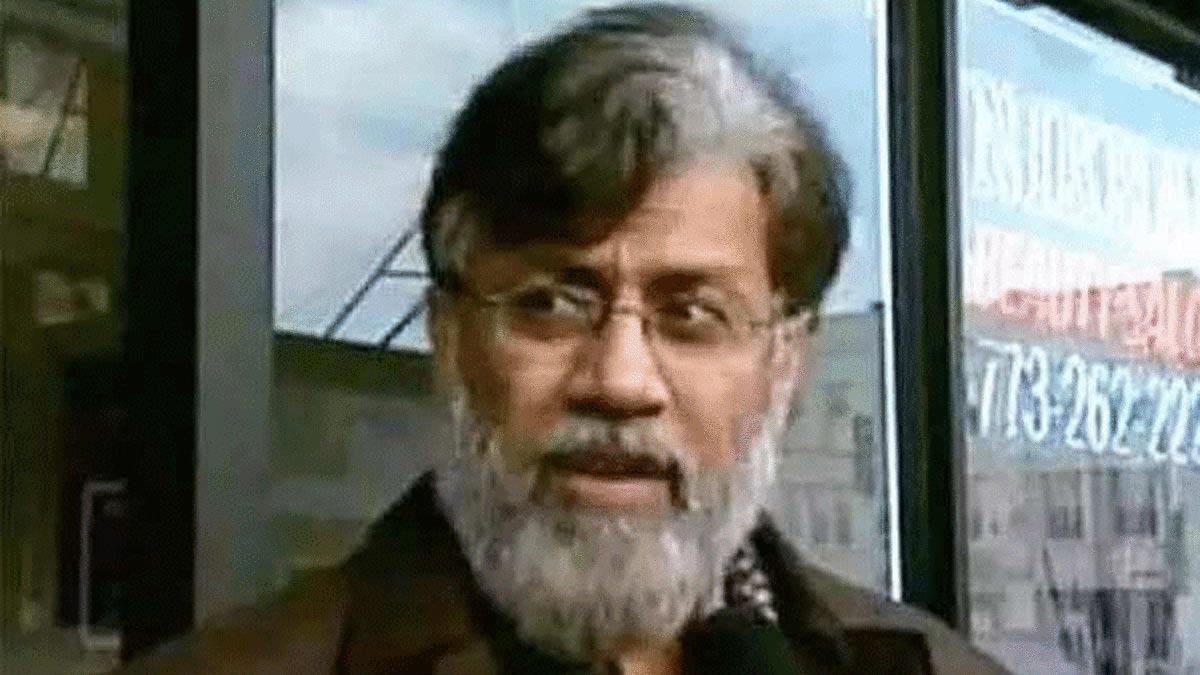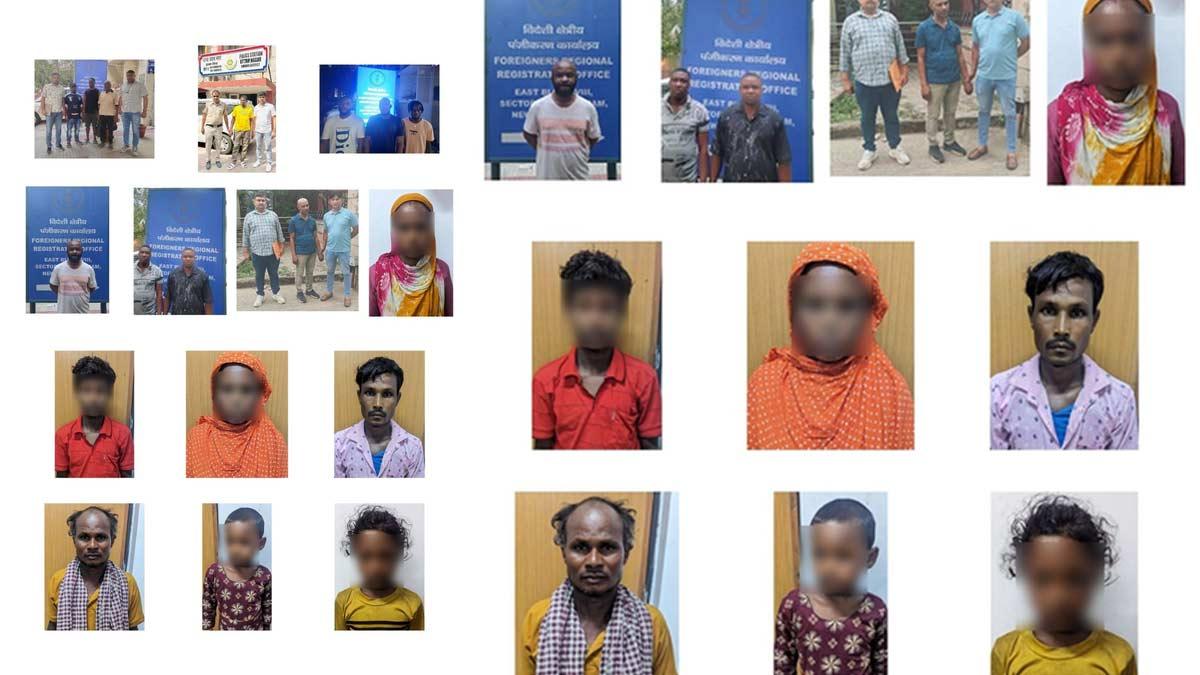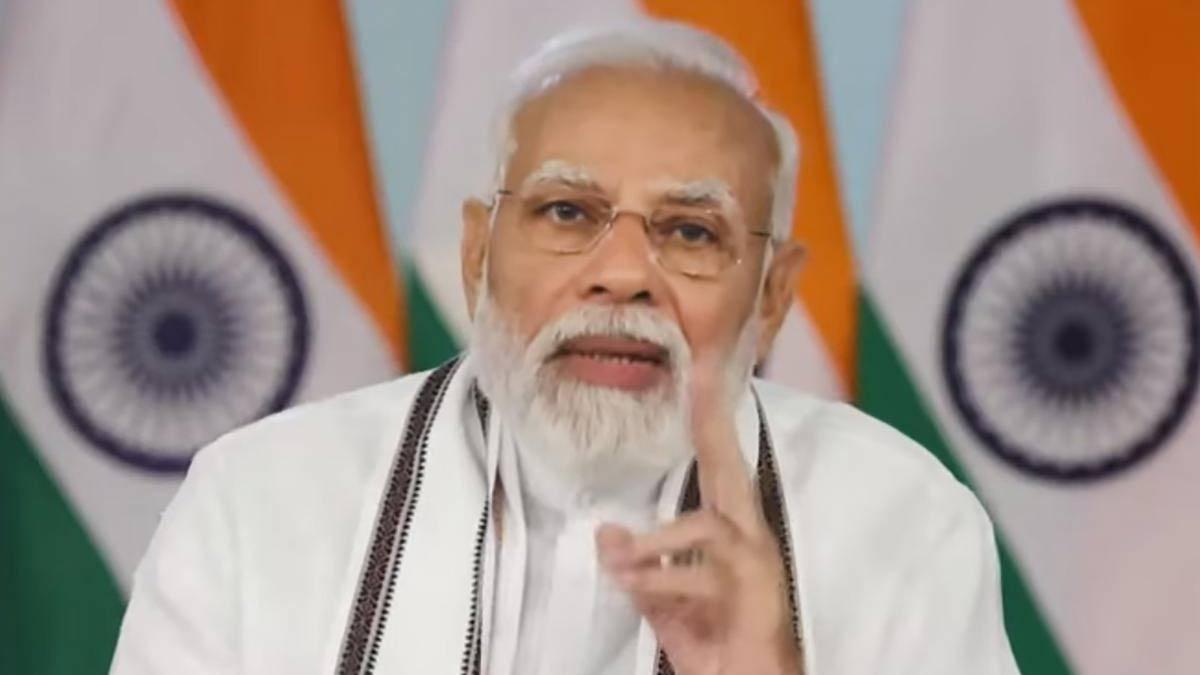A court in Delhi has granted India's National Investigation Agency (NIA) an extension of 12 days for the custody of Tahawwur Rana, one of the masterminds behind the 26/11 Mumbai attacks.
The NIA requested this extension when the first 18-day custody period elapsed.
Tahawwur Rana, a Pakistani-Canadian businessman, was also a close friend of one of the key conspirators of the 26/11 attacks, David Coleman Headley. Rana was already jailed in the US, to which India had sought extradition so that he could be extradited. On April 4, he had appealed to the US Supreme Court against extradition, which was turned down. He was brought back to India on April 10, on a special flight.
The court granted the extension but subject to stringent conditions, and Rana was permitted to use only a "soft-tip pen" and speak to his lawyer in the presence of NIA officers, so that they would be out of earshot.
The NIA apprised the court that, as a part of the criminal conspiracy, David Coleman Headley had even briefed Rana about the whole operation before traveling to India. In preparation in the event of any adversity, Headley had also dispatched an email to Rana containing information regarding his assets and possessions. Additionally, Headley had also apprised Rana of the roles acted by Pakistani nationals Ilyas Kashmiri and Abdur Rehman, who are also co-conspirators.
The NIA made these disclosures in front of a special judge at the Patiala House Court in Delhi.
Previously, while it asked for custody, the NIA had argued that time was required to reveal the depth of the conspiracy. It asserted that Rana's custody was required in order to trace back the series of events 17 years earlier and to investigate his link with other terrorists involved in the attacks.
The agency stated, "There should be an appropriate inquiry. He should be confronted with lots of evidence. His claims would lead to more findings."
The horrific events of November 26, 2008, involved a group of 10 Pakistani militants launching a well-planned attack on a railway station, two luxury hotels, and a Jewish community center. The militants arrived in India's financial hub by the sea route on the Arabian Sea.
The close to 60-hour-long siege resulted in the deaths of 166 individuals.
Read also| India's Military Spending in 2024 Nearly 9 Times Pakistan's: SIPRI Report


















